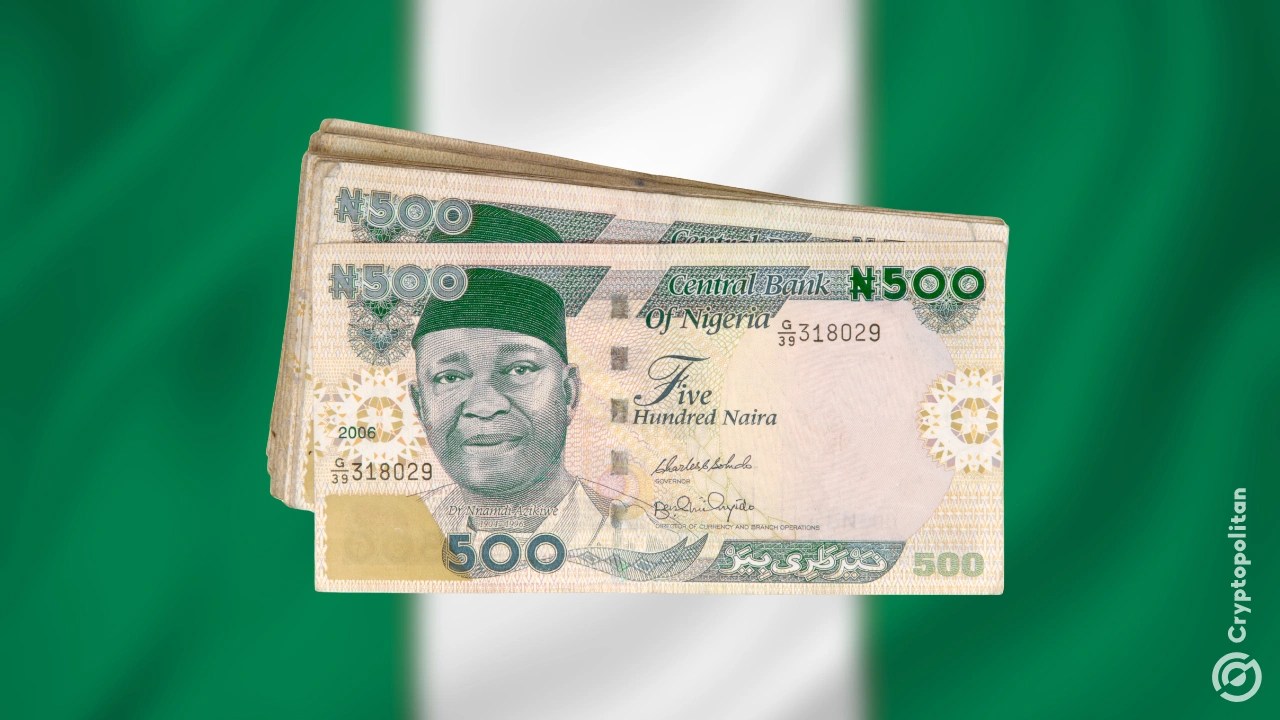This morning, bitcoin (BTC) investors cheered news of a supposed plan by Dutch lawmakers to authorize the creation of a strategic bitcoin reserve (SBR).
Unfortunately, the post on X quickly earned a community note, putting an end to the excitement.
“They are not. It is just a proposal,” someone commented, noting that the man speaking doesn’t speak on behalf of the legislature of the Netherlands.
“This is an old video. And everyone voted against it,” someone else commented.
Various posts about the non-existent news went viral.
Complaints about the fake news turned out to be completely accurate. Indeed, the man speaking about the old proposal, Thierry Baudet, is a Forum for Democracy opposition speaker representing only three of the 150 seats in the Dutch House of Representatives.
No SBR exists in the Netherlands, and Dutch lawmakers haven’t passed any bill authorizing one.
Read more: IMF claims El Salvador isn’t buying bitcoin despite Bukele’s boasts
Another fake strategic bitcoin reserve
Today’s quickly-debunked news earned hundreds of thousands of impressions on social media and is just the latest in a long series of fake stories about SBRs and governments buying BTC — including from Donald Trump himself.
Despite promising a stockpile of BTC and a strategic reserve of BTC, ether, XRP, solana, and cardano, Trump actually signed an order creating a BTC-only reserve and an altcoin-only stockpile.
To this day, the US government hasn’t bought any BTC for its so-called SBR, nor has Trump’s administration released any audit of its tiny SBR for public review.
Instead, the SBR consists of small quantities of BTC that the government already held or has seized from legal proceedings.
In August 2024, Protos debunked claims that the US, UK, and Germany had been buying BTC. Even El Salvador hasn’t actually purchased much of the BTC it once claimed.
Got a tip? Send us an email securely via Protos Leaks. For more informed news, follow us on X, Bluesky, and Google News, or subscribe to our YouTube channel.
Source: https://protos.com/no-the-dutch-government-isnt-creating-a-strategic-bitcoin-reserve/


